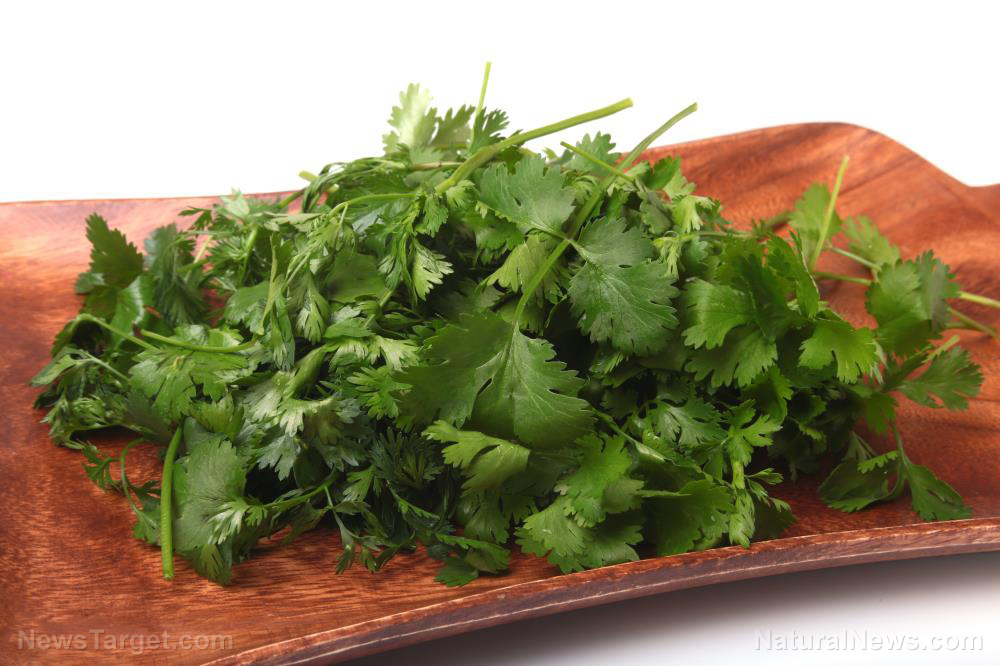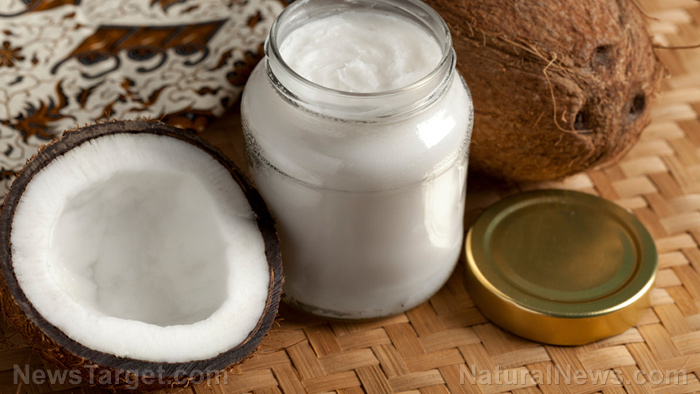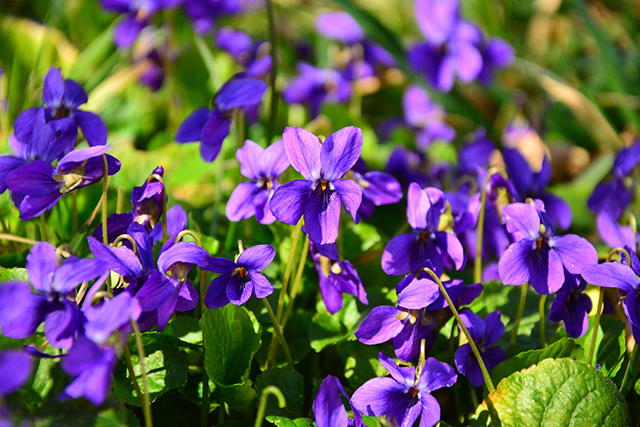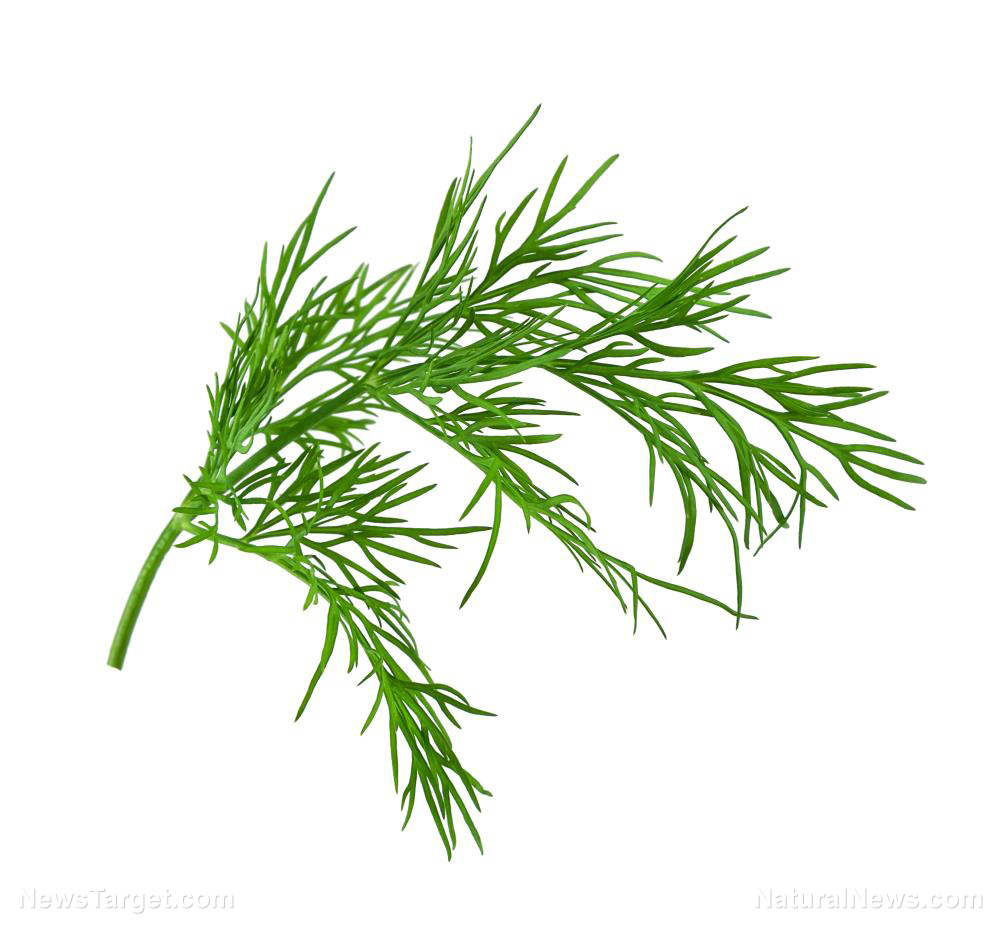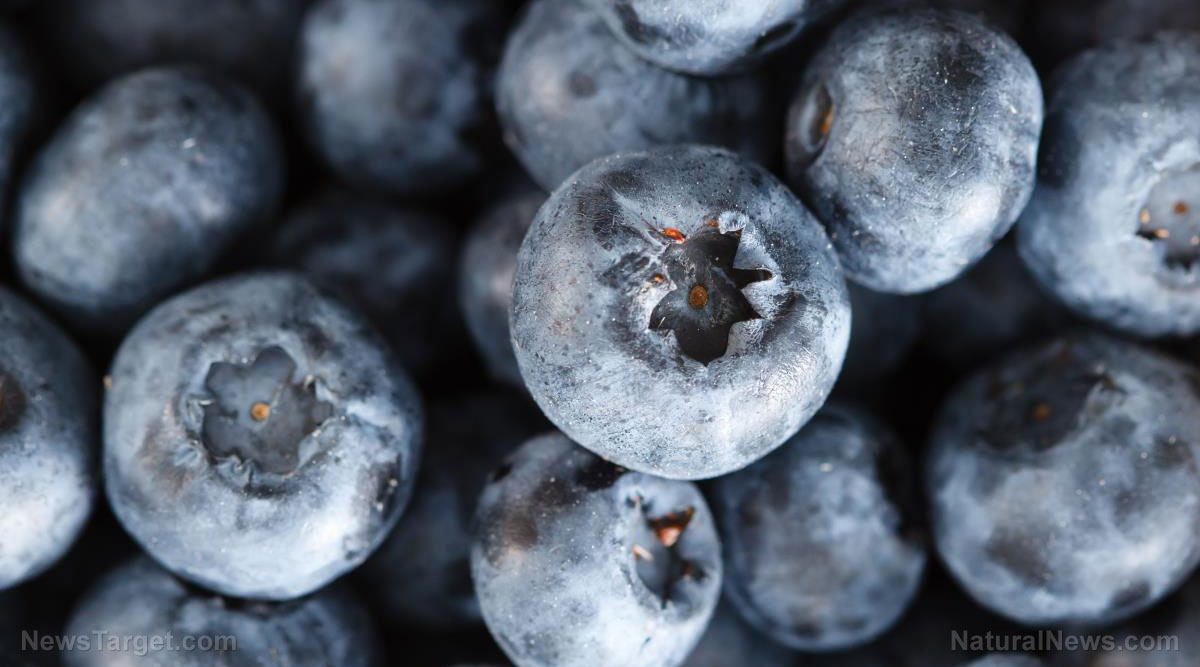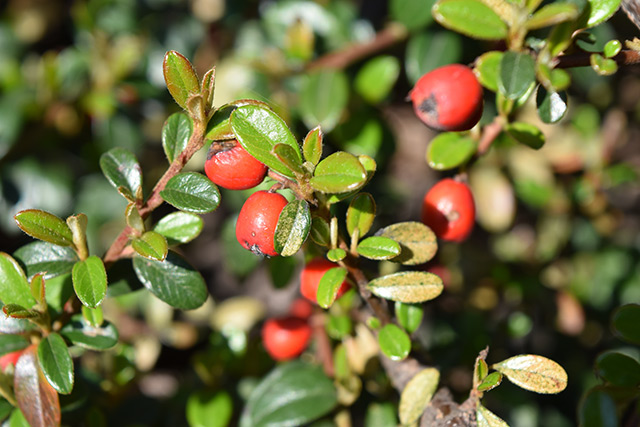Sustainable and easy to grow, jack fruit can help provide food independence to poor cultures
03/27/2018 / By Ralph Flores
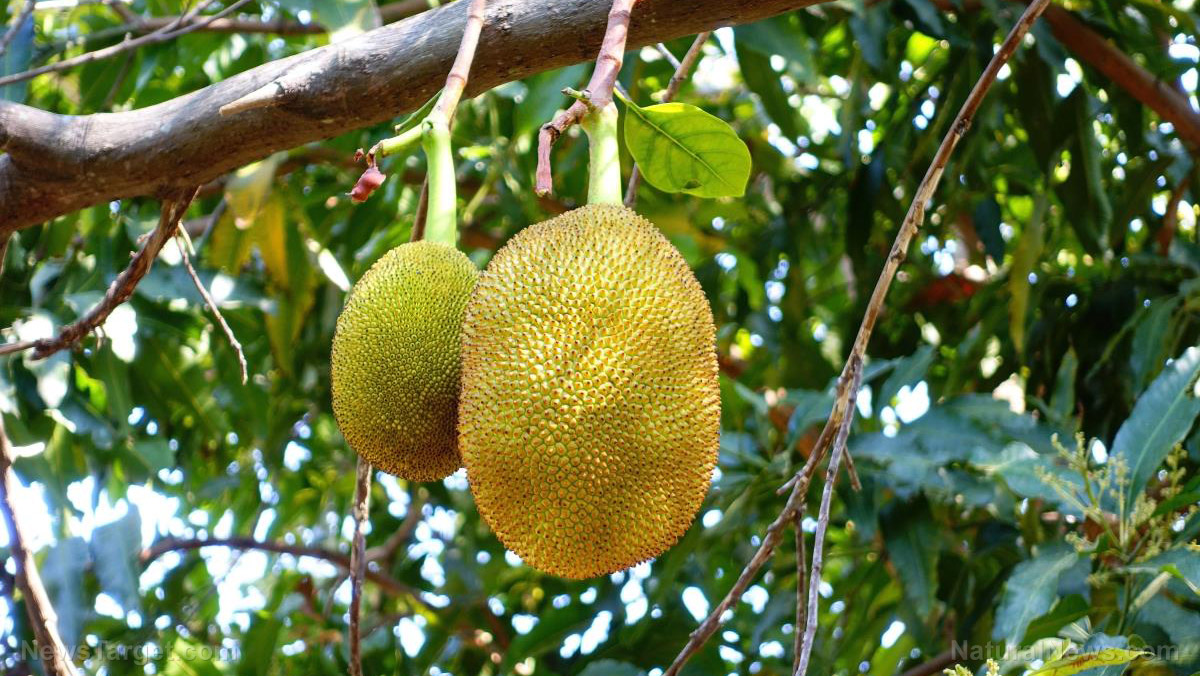
The jackfruit is in the middle of a renaissance. In recent years, it’s been hailed as one of the hottest food trends, it’s currently a wildly popular meat substitute, and in the future, it may very well be the answer to the looming food security crisis.
While no one really knows where the jackfruit (Artocarpus heterophyllus Lam.) comes from, most experts believe that it is native to the rainforests of the Western Ghats in India. Currently, it is cultivated in the Indian subcontinent and Southeast Asia. The tree can grow anywhere from nine to even 21 meters tall, with evergreen, glossy leaves. All parts of the tree are covered with sticky, white latex.
The fruit, considered to be the largest of all tree-borne fruits, is also considerably heavy: A small jackfruit weighs around five to seven kg, and a large one can reach 50 kg.
“It’s a miracle. It can provide so many nutrients and calories – everything,” according to Shyamala Reddy, a researcher at the University of Agricultural Sciences in India. “If you just eat 10 or 12 bulbs of this fruit, you don’t need food for another half a day.”
One of the challenges that jackfruit has had, despite its potential, is that it isn’t well known. However, the jackfruit is slowly gaining renown in culinary circles as a delicious meat alternative, especially for non-meat eaters and vegans. The fruit is also rich in potassium, calcium, and iron and can be a healthy addition to a person’s diet. (Related: Powerful diabetes prevention comes perfectly packaged in a strangely-named plant: introducing the jackfruit.)
Interestingly, jackfruit is easy to grow. According to Danielle Nierenberg of the consumer group Think Tank, the jackfruit’s adaptable properties, combined with its resilience to pest and disease makes it a perfect candidate for a potential food source in areas that face challenges brought about by food insecurity.
The news couldn’t have come at a better time. According to data gathered by the Food Security Information Network, at least 124 million people experience food insecurity or worse conditions. These figures, published in the 2017 Global Report on Food Crises, also revealed that 108 million people are living in food security crises in 48 countries – a 55 percent increase from the 80 million identified last year.
The report identified protracted conflicts to be a major contributor to the deterioration of food insecurity conditions. In particular, people in regions such as Yemen, the Democratic Republic of the Congo, and South Sudan experienced new or increased tensions last year. “It is pretty alarming. It’s been a steep upward slope,” explained Arif Husain, the chief economist of the World Food Programme and head of food security analysis service. “If you look between 2017 and 2018, you can see none of the big wars, or conflicts, have been resolved. So, it makes sense the numbers are increasing.”
In addition, persistent drought in eastern and southern Africa, as well as hurricanes in the Caribbean, continued the cycle of food insecurity in the area, with these conditions leaving no arable land in the area. Moreover, other regions in Africa have exhausted their food supply as they enter the “lean season” while waiting for their crops to mature.
With the humble jackfruit in the picture, things may be looking up, especially when it comes to food security. Imagine having fruit that’s not only nutritious but can also be prepared in various ways. Not only that, but the plant can also be easily grown, and is resilient to pests and disease. That’s the jackfruit for you, and if it gains more traction for research, it can also be our answer to food insecurity.
“There is just more interest in crops that aren’t the major staples,” Nierenberg explained. “We are going to have to explore some of these alternatives to make sure we are going to be able to nourish people.”
See Fruits.news for more coverage of the health benefits of fruit.
Sources include:
Tagged Under: Artocarpus heterophyllus Lam., food insecurity, food security, food security crisis, food source, food supply, fruits, harvest, jackfruit, meat alternative, meat substitute, self-reliance

